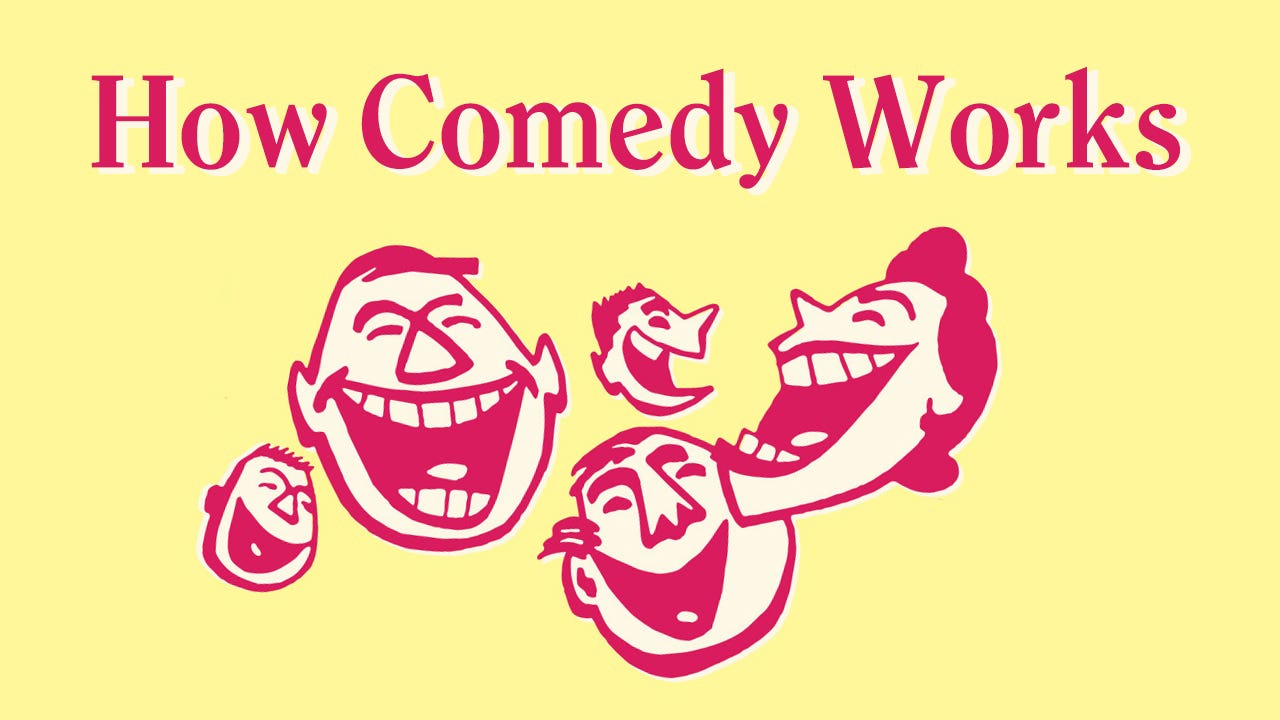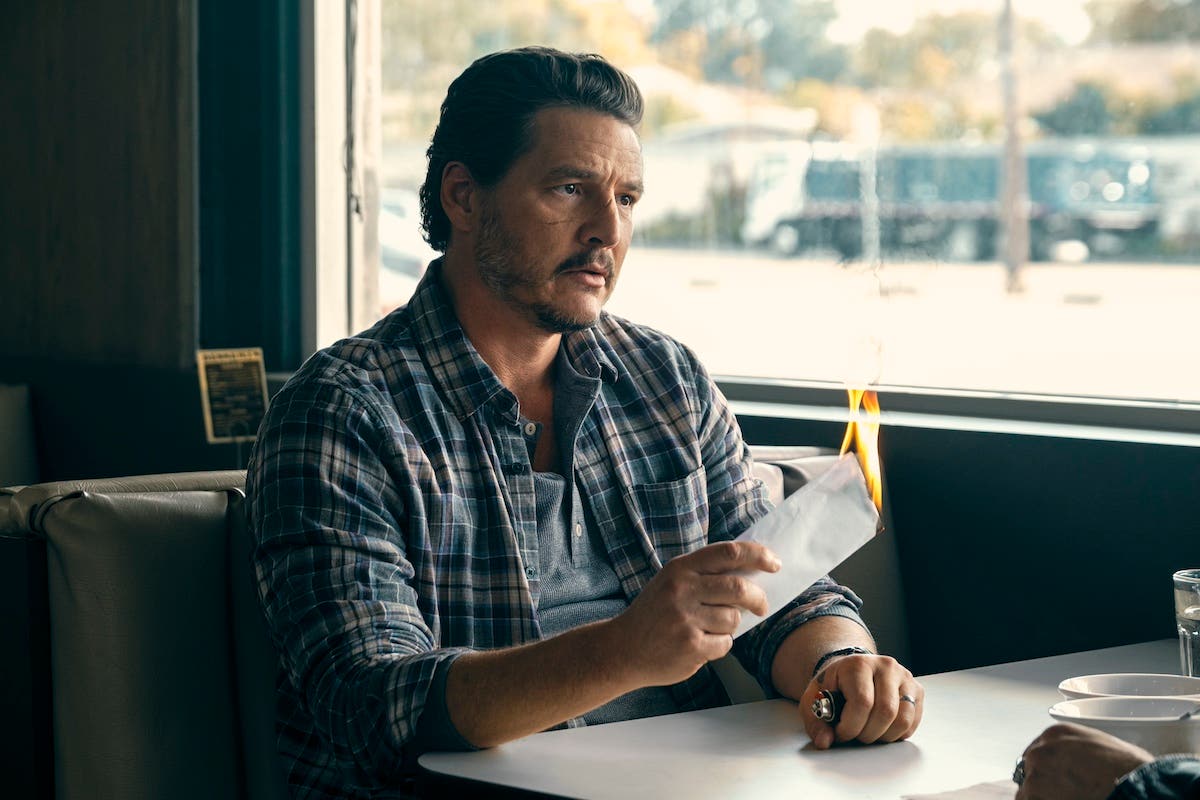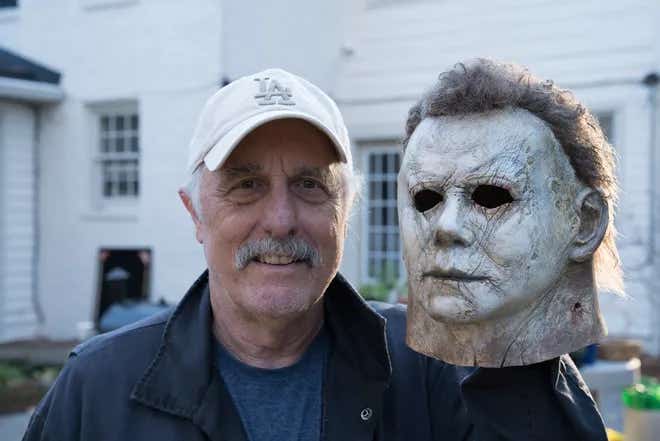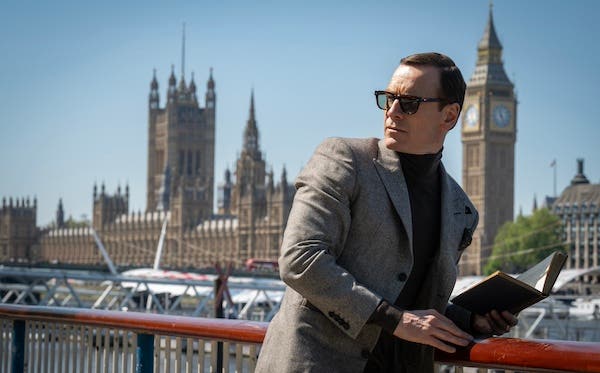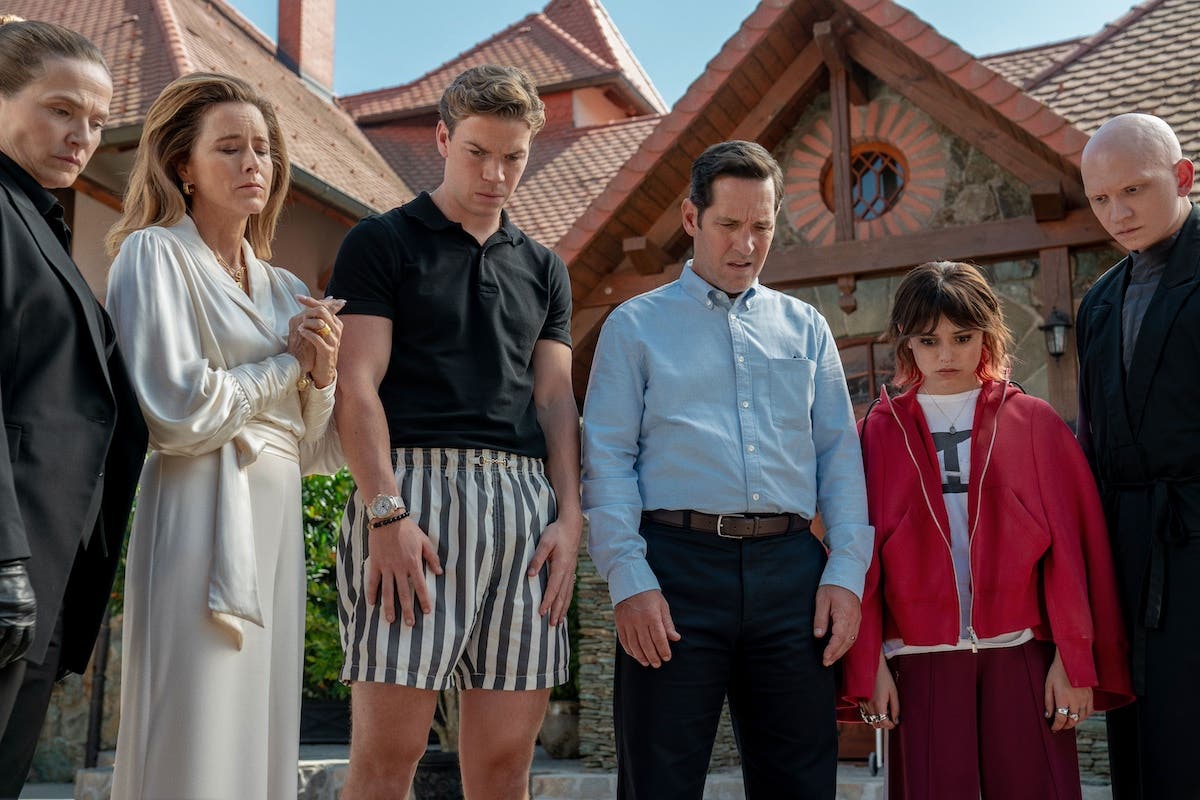Three Myths About Westerns and Why We Actually Love Them
Westerns suffer the same naysaying slathered all over romcoms that “Westerns are dead.” Except great Western films are out there just like any other genre.
A reader for the Nashville Film Festival screenplay competition, Cheryl Laughlin gophers for indie sets throughout NorCal and performs grass roots marketing for micro-budget documentaries via 20KFilms. Follow Cheryl on Twitter @cheryllaughlin.
Westerns suffer the same naysaying slathered all over romcoms i.e., “Westerns are dead.” Except great Westerns are lurking out there just like any other genre. So, I corralled a couple of indie Western screenwriters to ask them about the myths in this genre – and help uncover why so many of us love a good story set in the dust and muck of the Wild West.
Thanks to the insights below from the mini posse of:
- Cat Stewart, writer of the proof of concept West, and
- Nick Trivundza, writer/director of the feature The West and The Ruthless
Let’s kick it off with…
Myth #1: Westerns Are Over, Man
Except they aren’t. “There are so many stories that haven't been told for a worldwide audience that loves this space,” Cat said.
The fact is in the numbers: Box Office Mojo shows The Revenant grossing close to $184 million domestic and almost $533 million worldwide and the Coen Brothers’ True Grit close to $172 million domestic and over $252 million worldwide. Even WestWorld has TV critics trumpeting it’s bigger than Game of Thrones, as it landed HBO’s most-watched original first season.
So, that would be a most definitely not over. And some polling for West confirmed the interest in Westerns from the younger generation. “The 12- to 15-year-old male market was excited by even a short proof of concept,” Cat shared.
Nick points out men and women’s interest in the genre also stems from strong female characters. “One of the things most people comment on is our approach to women,” Nick adds. “The female characters in The West and The Ruthless are much stronger than typical Western damsels in distress. These women are just as ruthless as the men. To think otherwise, goes against our natural instincts of survival.”
So, just like in Quentin Tarantino’s The Hateful Eight, empowered women amp up the drama and demise audiences are rooting for in a great Western.
Writers shouldn’t turn away from the genre because the audience is out there, waiting.
Myth #2: Westerns Are Too Cliché
Nick loves films created outside the cliché and Westerns are no different. In The West and the Ruthless, Nick not only went outside the linear format but also takes audiences to a place they’ve never been before – not just the same Western locations they’ve seen a hundred times.
“We invented the fictional town of Crow’s Landing, so it could be everything we ever wanted a Western town to be,” Nick notes. “For audiences, it’s somewhere old but new: it’s a place where people from all walks of life are colliding out West. It’s a melting pot of diversity and people looking for new beginnings.”
And Cat reminds us why we like these characters in the first place, “Characters in the old West were the original anti-heroes. There's a real catharsis in seeing a really bad guy (or girl) finally get what's coming to him.”
Take that, Michael Corleone. Westerns beat the mafia to corrupt heroes.
Western characters worked both sides of the law, but what people love most about Westerns is that unyielding white-hat, clearly good guy versus the black-hat evil villain. “The character can be good and bad, but in a given scene, they satisfy the audiences need for clearly drawn lines,” Cat adds.
Bad guys gotta go down and the audience loves it when they do.
Myth #3: Good Westerns Are All about the Big Budget (Not!)
You can tell a great Western story on a tight budget and still keep the audience invested. Cat talks about yeah, you need good costumes, makeup, and a first-class armorer. But you can skip the big budget CGI in favor of more realistic action that doesn't make the audience roll their eyes.
Dramatic tension, rather than effects, appeals to the wide audience that loves the genre. Don't think that audience is there?
“Try booking a Western-day experience less than a month in advance,” Cat asks. “Plus, look at the newsstand and see how many paper magazines still exist devoted to life in the old West, even in an age where paper publications fold on a daily basis.”
The writing and spot-on research will always trump big-budget effects and explains why the genre truly isn’t dead. Cat actually handled interlibrary loan books so old she had to wear special gloves to handle them. And the reality she uncovered in those pages show up on screen, to lure audiences into loving Westerns even more.
Nick also points out that a change in format had more impact for the audience than the budget ever would. Nick shared, “In editing, we started to notice the film wasn’t packing the emotional punch we’d hoped for. Then BAM! We went back to the script and let the film be what it was supposed to – a nonlinear Western.”
So whether you write or just watch Westerns, seems we are all along for the good guy/bad guy cathartic smackdown that keeps us coming back for more – and why the genre has a healthy future ahead of it.
Cat Stewart’s West is being shopped around for a full series, and Nick Trivundza’s The West and The Ruthless is being repped at the Marche Du Film at Cannes May 17 – 26, 2017.
Browse the amazing online screenwriting classes at Screenwriters University!
Cheryl Laughlin advanced to the Top 50 in Roadmap Authors Write Start Competition for her memoir Confessions of a Kindergarten Klepto… grabbed a finalist slot in the National Lampoon Search for Comedy Writing Gold… and won the Sacramento International Film Fest Outstanding Short Screenplay. And it's possible—she ran through the house with her Top 10% in the Nicholl Fellowship announcement like Anne Hathaway with her Oscar. When she’s not screenwriting or ghostwriting memoirs, she tweets her support of all things indie film @cheryllaughlin. She also believes you can never say please and thank you enough for all the kindnesses along the way.


